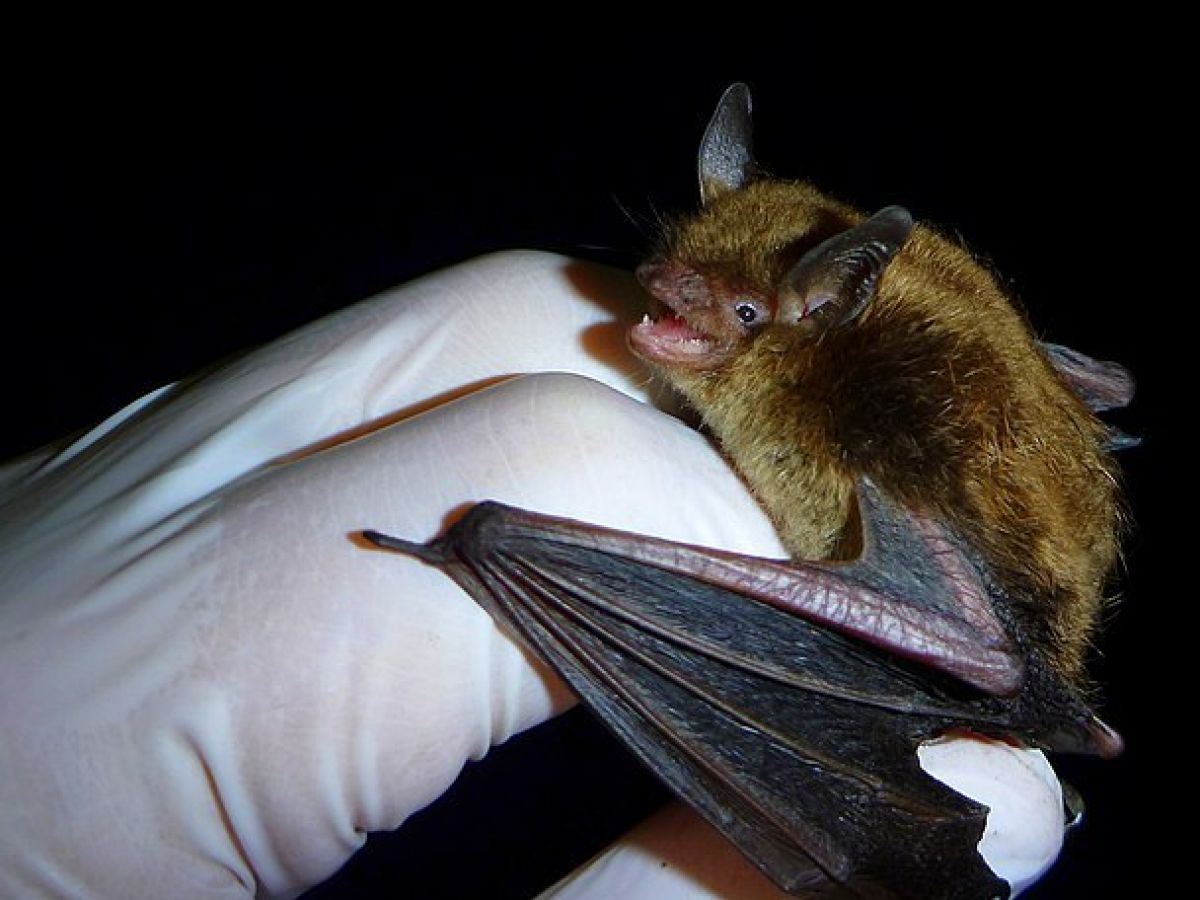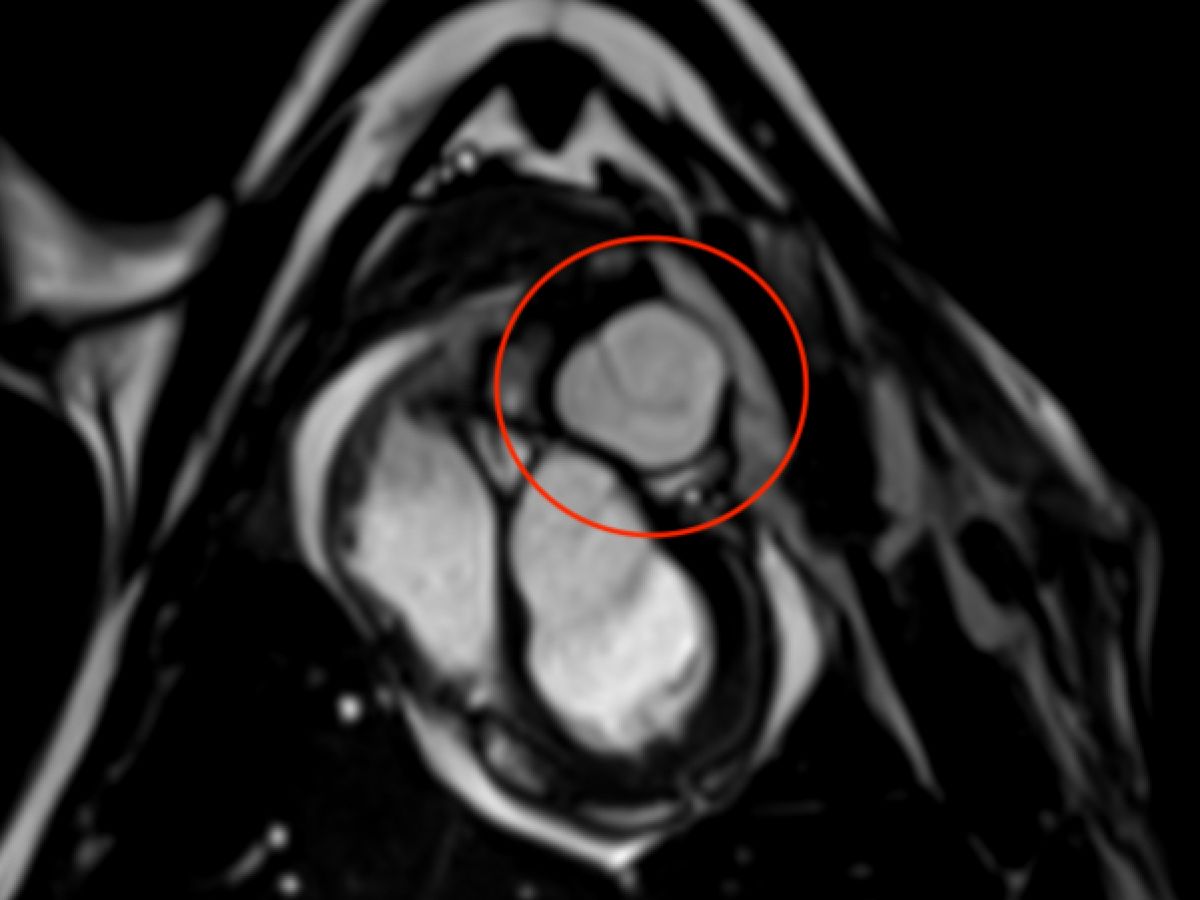In recent months, sweeteners have received negative media coverage, with many consumers concerned about their safety. potential side effectsYou can also learn more about the following: environmental impact.
New research from the Leibniz Institute for Food Systems Biology at the Technical University of Munich has revealed that thaumatin, a natural sweetener with anti-inflammatory properties, could help reduce inflammation. This could be just what the industry needed to improve its image. What possibilities for product development does this open up?
Does thaumatin have an anti-inflammatory action?
Scientists have discovered that thaumatin, which is a natural sweetener and contains bitter-tasting peptides, can be digested in the stomach to produce these bitter-tasting peptides. These peptides stimulate acid secretion and inflammatory reactions in human stomach cells.
Veronika SOMOS, Director and Head of Studies at the Leibniz Institute, says: “Our research helps to clarify the health benefits of plant proteins, which are widely used as sweeteners.”
Somoza's team is studying the effect of bitter food compounds on stomach cell metabolism and, therefore, on overall health. To test this hypothesis, the team created a human gastric cell line (HGT-1). The research team had found in previous studies that bitter substances stimulated stomach cells to produce acid and protons. These bitter substances include peptides produced during the digestion of milk proteins.
Phil Richter is a doctoral student at the Leibniz Institute and first author of the study. He explains that public interest in sweeteners, as well as bitter substances, has always been high. Based on previous research, we investigated whether the sweet-tasting protein thaumatin could also be converted into bitter-tasting compounds in the stomach. This could have physiological effects.
The team identified three unpleasant-tasting peptides that are formed during the digestion of thaumatin. To learn more about the potential anti-inflammatory properties of these peptides, the researchers examined how stomach cells in the test system responded to Helicobacter proteins.

Helicobacter Pylori can cause stomach cancer and other inflammatory diseases. Helicobacter Pylori survives in an acidic environment because it neutralizes the low pH of the stomach. This pathogen is present in about half of the world's population. Finding a treatment, especially through food and drink, could be revolutionary.
Richter says that adding one of these bitter-tasting peptides reduced the interleukin released by the gastric cell to 89.7 %. The bitter taste receptor on the gastric cells, TAS2R16, was responsible for this anti-inflammatory and proton-boosting effect.
What is the substance thaumatin?
Thaumatin is also called talin and is a low-calorie natural sweetener. Thaumatin was discovered in West Africa as a mixture of proteins isolated from katemfe fruits. The taste of thaumatin, although sweet, is different from sugar because the sweetness develops slowly. At high concentrations, it is said to leave a taste similar to licorice.
Thaumatin, an EU approved sweetener E 957 is commonly used in food and beverage products.
The body completely breaks down thaumatin, so there is no acceptable daily intake (ADI). Toxicologically, even high doses of thaumatin are safe.
The sweetness of thaumatin is lost when it is baked or cooked in the oven.
What will this mean for the food and beverage industry?
This is a great opportunity for food and beverage brands to develop and market products specifically for consumers who are concerned about inflammation. As consumers look to improve their overall health, functional beverages are becoming increasingly popular.
A spokesperson for market research firm Mintel says beverages with health benefits beyond hydration are a popular topic. The functional beverage market continues to grow and diversify. From kombucha, which has gut health benefits, to CBD-infused beverages.
What is the reason for this recent increase in popularity of functional foods and beverages?
“ “The category has become increasingly popular with lifestyle consumers, who see these products as fitting into a healthy, active lifestyle,” said Emma Clifford, senior food analyst at Mintel.
What is a functional food and beverage?
Foods and beverages that claim an additional function through specific ingredients are functional foods and beverages. The functions are usually related to the promotion and improvement of health.
Functional foods can refer to plants that have had selected characteristics, for example purple potatoes that are modified to produce more anthocyanin.
Source: Bitter peptides released by the TAS2R16 receptor after gastric digestion of thaumatin, a sweet-tasting plant protein, reduce H. pylori-induced pro-inflammatory IL-17A.
Online :
DOI: August 1, 2024
Authors: Phil Richter, Karin Sebald, Konrad Fischer et al.

